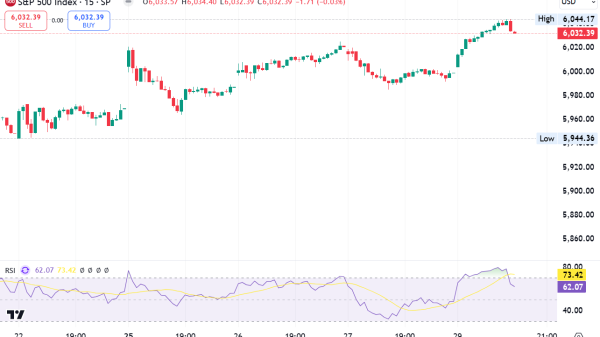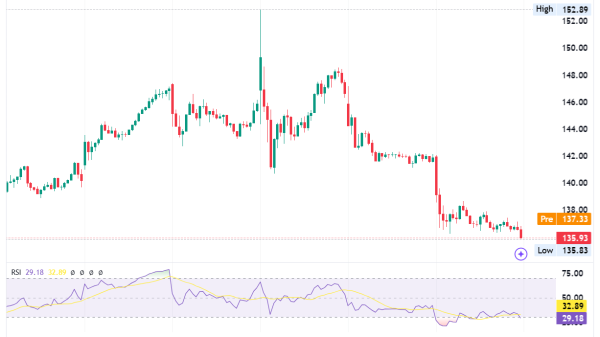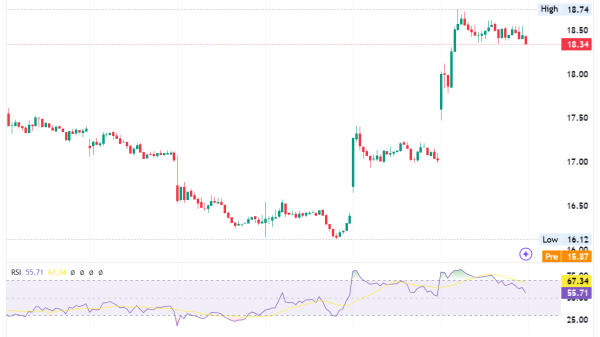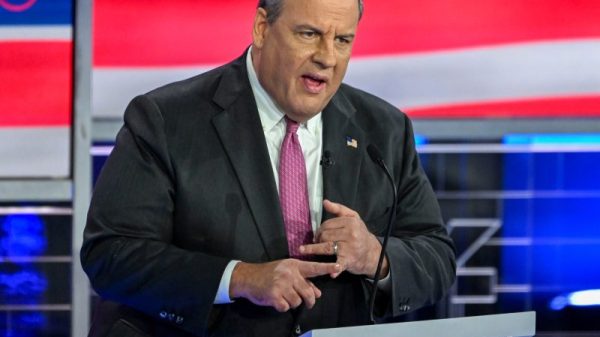Trading Crude Oil: Navigating OPEC’s Pricing Power
Understanding OPEC’s Trading Crude Oil Power and Its Evolving Mission
In recent years, OPEC has witnessed a transformative shift in its pricing power. The US energy policies that champion alternative fuels have significantly shaped the dynamic. Notably, the market flow in NYMEX crude oil futures hints at potential challenges. Currently, those are looming on the horizon for OPEC’s traditional pricing strategies.
OPEC’s Mission: A Delicate Balancing Act in Global Petroleum Markets
An exploration into OPEC’s core mission reveals a complex balancing act. The act is aimed at maximizing returns for its diverse membership and investors. The cartel’s strategic approach involves adjusting worldwide supplies through carefully crafted production policies. This delicate equilibrium is further influenced by Russia’s ascendant role within OPEC and the recent inclusion of Brazil as a formal member, signalling a shifting landscape within the organization.
Challenges for OPEC: Saudi Arabia Advocates for Greater Oil Profit
A closer look at OPEC’s recent challenges unveils a key narrative: Saudi Arabia’s push for heightened cooperation among member nations. The delay in the biannual meeting, extended from November 26 to November 30, raises concerns about a lack of consensus on 2024 production quotas. This uncertainty prompts a voluntary system of additional cuts to stabilize prices. Saudi Arabia, having shouldered the bulk of production cuts, seeks more collaborative efforts from fellow cartel members. The November 30 meeting concluded with no substantial change in output policies. Still, the commitment to voluntary cuts remains. Both Saudi Arabia and Russia pledged to continue their efforts over the coming months. It’s noteworthy that Saudi Arabia requires crude oil prices to hover around $80 per barrel to maintain balance in its domestic budget.
Global Impact: Wars, Sanctions, and Economic Realities
The global landscape introduces further complexities to OPEC’s decision-making process, with Russia and Iran standing at the forefront. Both nations find themselves in the midst of international tensions, notably in Ukraine and the Middle East. Economic sanctions have added pressure to their financial stability, making petroleum sales a crucial revenue source. Observers speculate that Russia and Iran might have engaged in selling additional petroleum to key allies. Potentially, it would help to surpass their assigned production quota levels. As the geopolitical stage continues to influence OPEC’s considerations, the impact of wars and sanctions becomes an integral factor shaping pure oil prices.
US Strategic Moves: Opportunists Expecting the Cheapest Oil
The United States, a key player in global oil dynamics, has strategic moves in play. The Biden administration is planning to replace the Strategic Petroleum Reserve (SPR). The change will provide insight into the nation’s foresight in managing energy resources. Moreover, the US has demonstrated a keen interest in buying crude oil when prices align with or fall thresholds. The Department of Energy’s selective repurchase strategy, despite crude oil prices entering the administration’s target range multiple times, underscores a calculated approach to maintaining stability in the oil trading platform. As of late 2023, the US SPR has seen a significant reduction, standing at 351.6 million barrels, down over 40% from late 2021 levels.
Outlook for Crude Oil: Navigating Discord and Geopolitical Turmoil
While OPEC grapples with internal discord, the United States plans for the SPR, and evolving geopolitical dynamics, the outlook for crude oil in 2024 remains a nuanced tapestry. Brazil’s integration as a formal member enhances OPEC’s global standing, potentially fostering long-term stability. However, the precarious geopolitical climate, marked by ongoing wars and escalating hostilities, introduces an element of unpredictability. As the world anticipates potential spikes in oil prices due to geopolitical events, trading crude oil remains perched around the $80 per barrel level. Investors, aware of the volatile nature of the energy commodity, are advised to approach long positions with caution, leaving room for strategic entries amidst the intricate dance of global supply and demand dynamics.
The post Trading Crude Oil: Navigating OPEC’s Pricing Power appeared first on FinanceBrokerage.


































